According to a recent report by HireAHelper looking at which U.S. cities have the largest homes, more and more homeowners and home-seekers prefer larger houses with more rooms. Responses to a Pew survey cited in the report suggest that this preference is due to an increasing number of families adapting to lifestyle changes imposed by pandemic-related restrictions—more employees working from home, parents managing online schooling for their children, and more family dinners prepared from the kitchen - and want the space to accommodate these and other specialized family tasks.
In the wake of the COVID-19 pandemic, Americans are rethinking whether their monthly mortgage payments should go towards obtaining bigger living spaces, or securing the ease of nearby work and school proximity. According to the Pew survey, today more potential and existing homeowners are choosing larger houses with more rooms over smaller dwellings with shorter commutes to work, school, and consumer conveniences.
That survey conducted in the summer of 2021 is comparable to a similar survey conducted in 2019, before the pandemic hit. To identify the cities with the largest homes, researchers calculated the percentage of existing homes in each city with four or more bedrooms and ranked them accordingly. The latest survey found that people are now more likely to prefer owning a home in a community where "houses are larger and farther apart, but schools, stores and restaurants are several miles away." Further, fewer people are willing to own smaller homes that are "closer to each other, but schools, stores and restaurants are within walking distance."
How New York Ranks
According to the HireAHelper’s report, in New York City, only 7.9% of homes have four bedrooms or more, compared to 21.6% of all U.S. homes. Out of all large U.S. cities, NYC has the 2nd smallest share of homes with 4+ bedrooms. On the opposite end of the spectrum, Colorado Springs, Colorado took the #1 spot as the large U.S. city with the largest homes, with 32.7% of its homes boasting four bedrooms or more.
The HireAHelper analysis found that in New York, NY, 7.9% of homes have at least four bedrooms, compared to 21.6% of all U.S. homes. Out of all large U.S. cities, NYC has the 2nd smallest share of homes with 4+ bedrooms. Here is a summary of the data for New York, NY:
Share of homes with 5+ bedrooms: 2.3%
Median home price: $736,240
Median household income: $69,407
For reference, here are the statistics for the entire United States:
Share of homes with 5+ bedrooms: 4.6%
Median home price: $316,368
Median household income: $65,712
Not That New
While pandemic life has undoubtedly impacted home buyer preferences, data from the U.S. Census Bureau suggests that America’s appetite for larger homes has actually been growing for decades. The average size of newly constructed, single-family homes has steadily increased from around 1,700 square feet in the mid-1970s to around 2,500 square feet today. This increase in house size corresponds with an increase in the average number of rooms per house, which also increased markedly during this period. Indeed, the percentage of newly constructed, single-family homes with at least four bedrooms climbed from 23% to 44% over the same time period.
The continuing trend towards “bigger is better” in residential home construction has gradually changed the composition of the nation’s housing stock, but size varies widely by state. For example, less than 17% of all existing homes in Florida, Arkansas, and Rhode Island have four or more bedrooms. This compares to over 42% of homes in Utah. In general, homes in the North Central and Mountain West regions skew larger than those in coastal states or in the South. Interestingly, the share of houses with four or more bedrooms in each state is not highly correlated with either median home price or median household income.
At the city level, the survey found even more variability. While many cities in the aforementioned states stand out as having large homes, notable additions include younger cities in California and Texas. When compared to older, more established cities, those that have experienced rapid growth in recent years tend to boast larger homes.
In addition to figures from the U.S. Census Bureau, data from Zillow were also used for the survey. To identify the U.S. cities with the largest homes, researchers at HireAHelper calculated the percentage of existing homes with four or more bedrooms. Researchers also included the percentage of homes with five or more bedrooms as well as the median home price. To improve relevance, only cities with at least 100,000 residents were included.
For more information, a detailed methodology, and complete results, you can find the original report here: https://www.hireahelper.com/lifestyle/us-cities-with-the-largest-houses/



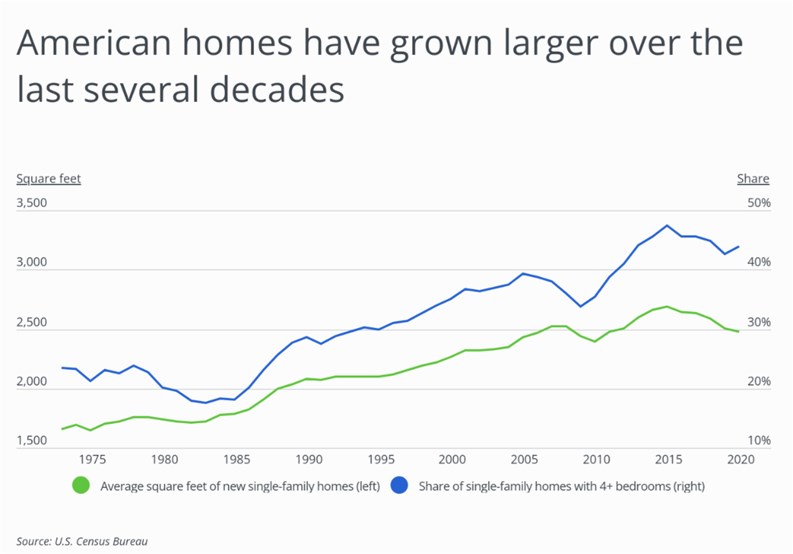
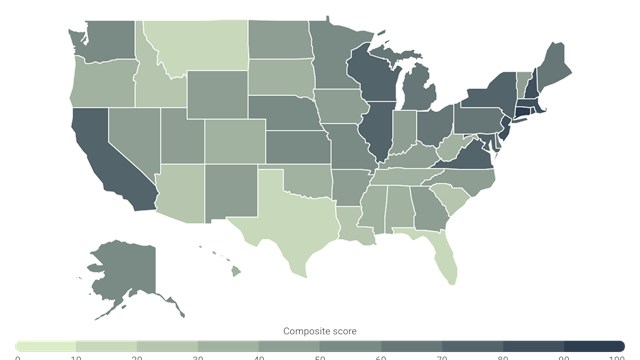


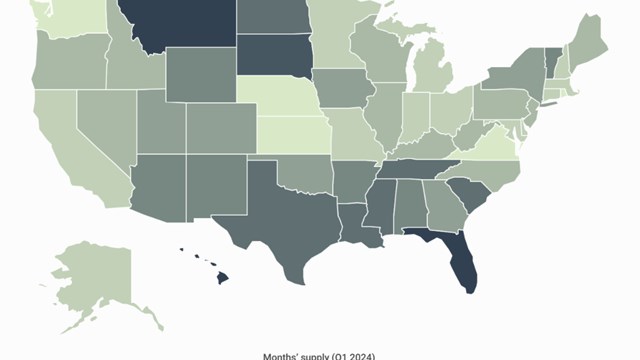
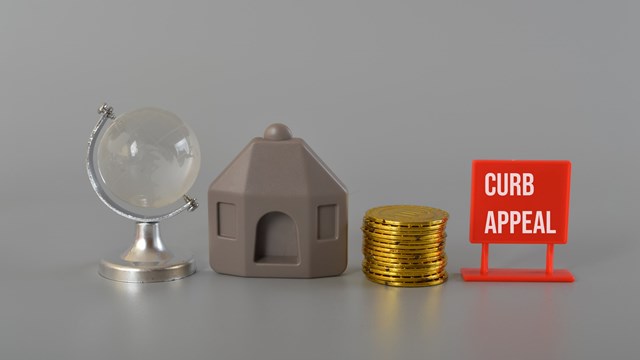
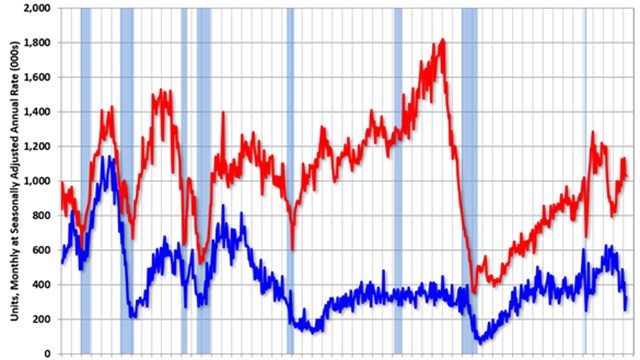
Leave a Comment